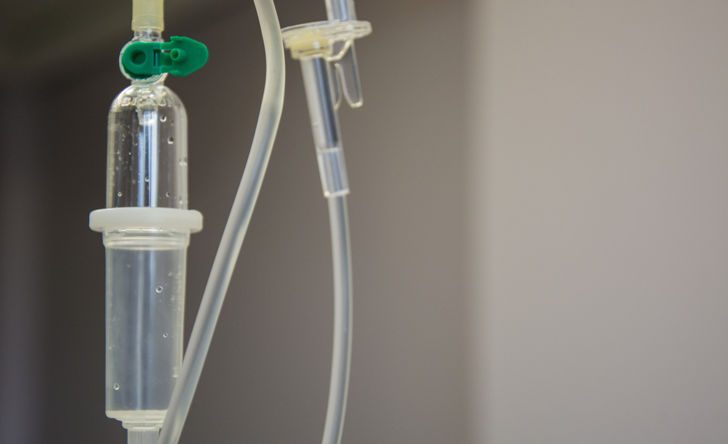Multi-cancer early detection (MCED) tests are the subject of a new report from RGA Re, entitled Multi-Cancer Early Detection Tests and Modeling the Potential Impact on Insurance. In it, RGA’s researchers look at recent breakthroughs in liquid biopsy analysis and key assumptions to consider when modelling any impact the tests could have on assumptions.
“From one single blood draw, MCED tests can identify up to 50 or more different cancer types earlier than they are currently diagnosed and at potentially earlier stages, thus improving mortality and morbidity outcomes,” they write. Later, however, they warn that studies analyzing the effect of the tests on clinical outcomes and survival are currently lacking.
“Modeling and quantifying the impact of MCED testing is complex and the results should be considered carefully, with an understanding of how an insurer’s current mortality and mortality trend assumptions already account for historical improvements in cancer screening and treatment and where liquid biopsies fit in as an additional driver,” they write. “Insurance companies should monitor clinical trials and the ongoing progress and adoption of MCED tests to evaluate whether developments align with the insurer’s expectations, particularly in modeling impacts on mortality and morbidity.”
They say as use increases, this should reduce mortality as cancers are diagnosed at earlier stages. At the same time, MCED tests, they say, will also bring increased diagnosis of cancers at younger ages. Overdiagnosis also increases in the scenarios modelled, increasing cancer morbidity rates.
Anti-selection and behavior risk
“Anti-selection and behavior risk also should be considered, especially if the cost drops and tests are offered outside of healthcare systems,” they warn. “Regulators’ views on their use in the insurance space must (also) be considered.”
Currently used in non-cancer clinical applications, including when monitoring organ transplant patients for graft dysfunction or when assessing the damage caused by a myocardial infarction, liquid biopsies in the cancer space are used for optimal treatment selection, detection of recurrence, identification of treatment resistance and screening and early detection.
In RGA’s model of the tests’ impact on mortality and morbidity rates in the United States, the United Kingdom and in Hong Kong, the model projects a material increase in incidence rates over the next 20 years for the ages where screening rates are expected to be highest (between ages 45 and 70) due to acceleration of diagnosis at younger ages.
Related:




